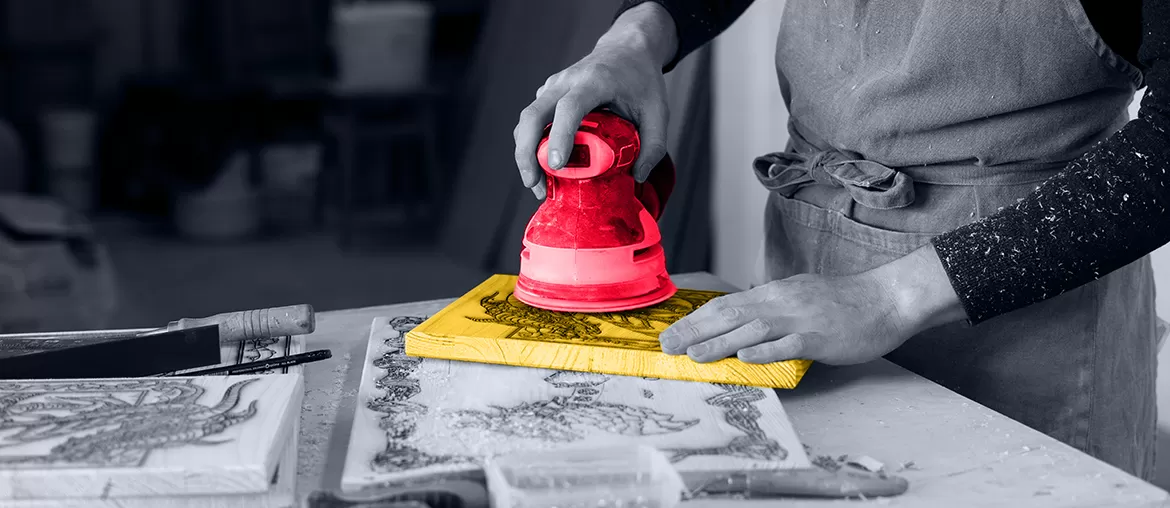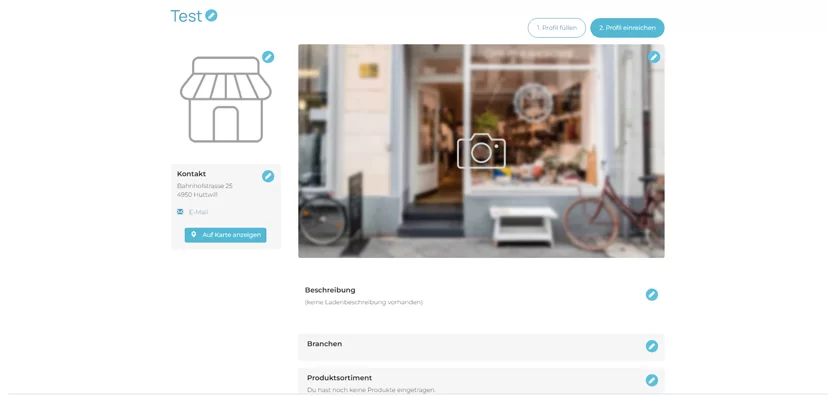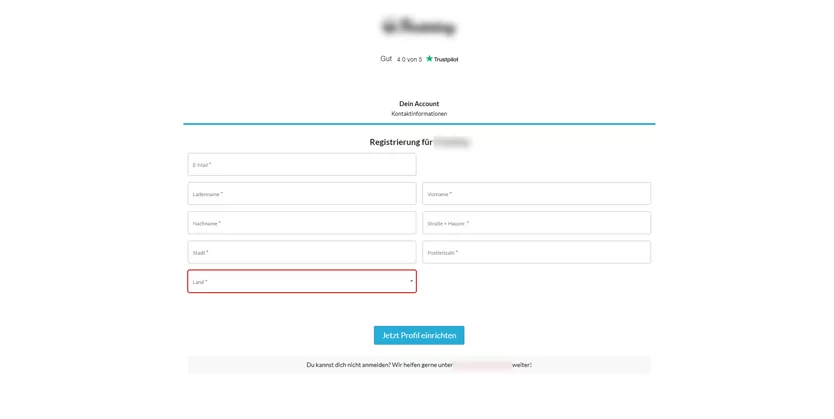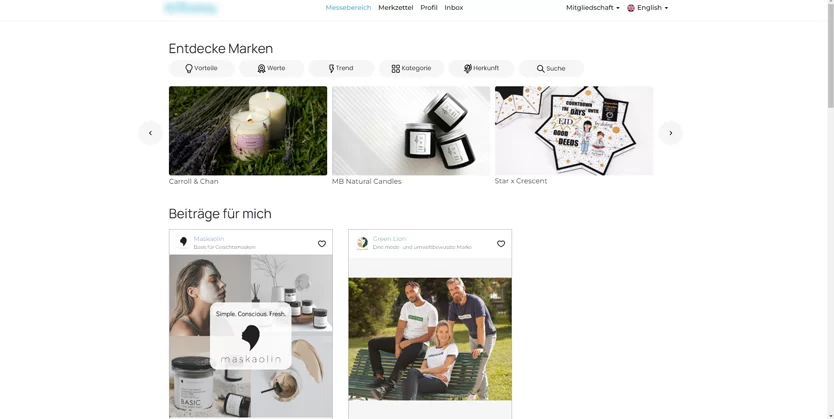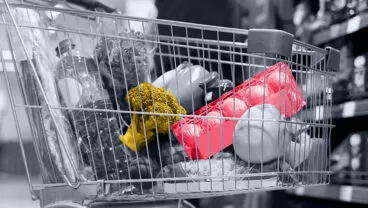Client
A German startup used Elinext to build a platform for matching artisans with retailers locally.
Challenge
Small-batch producers and local artisans struggle to find retailers who would be willing to place their goods on a shelf. One German startup tackled this challenge by creating a B2B matchmaking platform. On this platform, retailers could find relevant goods that are produced by local artisans, and vice versa.
The startup had a hard time building the front end of the application, as the initial freelancer behaved unreliably. They searched for a replacement, and came across Elinext, who offered the required expertise.
Process
The product had already been in the making when we pitched in, and our remit was initially limited to the front end. But as our relationship with the client grew, they asked us for a Java developer to build the back end as well.
Our team worked using the Agile methodology, conf-calling with the client every two weeks for sprint planning meetings. They would make a request and we would discuss it internally to offer an advanced solution that would satisfy that request. The client’s technical management has been in direct touch with our developers the entire time.
Estimating the time and effort needed to build the product was a bit of a challenge at first but we eventually adapted. After that, the development process flowed — we put our client’s ideas (e.g.: new pricing plans or live chat) to work and they tested new features.
Another challenge we came across during this project was analyzing a lot of APIs. This was needed to link all the parts of the platform together and integrate them with third-party services.
Product
The platform consists of two applications, the retailer website and the artisan website. These two applications are connected with each other via the virtual trade fair and managed through the admin panel.
The Retailer Space
A retailer starts by creating a profile on the site designed to be their space. There, they specify details like shop location, opening hours and contact information.
The shop profile needs to be attractive to artisans who produce relevant goods. And to make it look attractive, the retailer can upload up to 15 images featuring the interior of their store.
However, an appealing look is not the main way to connect with relevant artisans. The retailer can set the sector they operate in, the range of products they are interested in and product tags (e.g. vegan, handmade).
For instance, if the seller specifies they are looking for rings to resell, rings offered by artisans will appear in their feed. And if the seller broadly labels their desired sector as jewelry with the handmade tag, they will be shown all the handmade jewelry available. On the flip side, matching artisans will see that seller’s shop in their feed.
When a retailer needs to find a very specific type of product, they can publish an ad for it, which will appear in artisans’ feeds.
A more proactive way of finding a particular good could be using product search with parameters like category, location, specific labels, ads and other identifiers. We enhanced the location search by connecting it to Google Maps API to show relevant local artisans on a map.
Just like on popular social platforms, each shop profile features a list of artisans who are following it. This helps similar artisans find this store.
The Artisan Space
Artisans are offered a separate website where they can set up their profiles. A typical artisan profile includes a product catalog, product highlights, tags (e.g. handmade, no animal testing) and sometimes a featured video.
Like retailers, these users can also publish ads by spending the platform’s virtual currency, or credits, that they purchase. The ads appear on their profile as well as in retailers’ feeds.
Artisans can get insights for their business on the platform by checking out their account dashboard. It displays statistics for ads, credit use, interactions with retailers and a few other things. The dashboard also hosts the payment system for credits.
The Virtual Trade Fair
The match between an artisan and a retailer often happens through the virtual trade fair. Each type of users is shown offers of shops or products relevant to their profile settings and ranked by physical proximity.
Retailers can check out product pages which feature all the essential details. These include:
- a detailed product description
- product images
- the minimum amount to order
- shipping terms
- product tags
- the list of retailers who are already reselling an artisan’s products as shown on the map.
In turn, artisans will see the list of stores whose product preferences match their offer and who are located in their area.
Most importantly, the virtual trade fair allows both user types the ability to send messages to each other. And we further streamlined this process by implementing the live chat feature.
Admin Panel
The platform administrator is equipped with a panel featuring the list of retailer and artisan profiles. Each profile can be activated, deactivated or edited. Both retailers and artisans use the platform on a subscription basis, and the admin can check the subscription status for each user.
The Blog
In addition, we created a blog on the platform. Our client uses it to publish articles suggesting the ways members can get the most out of the service alongside broader business tips.
Results
We completed the project on time and within the approved budget. Today, our client’s product is one of the largest platforms connecting local retailers and artisans. It hosts around 200 users with the majority established in Germany and the rest spread all around Europe. Our team continues to introduce new features upon the company’s request.








